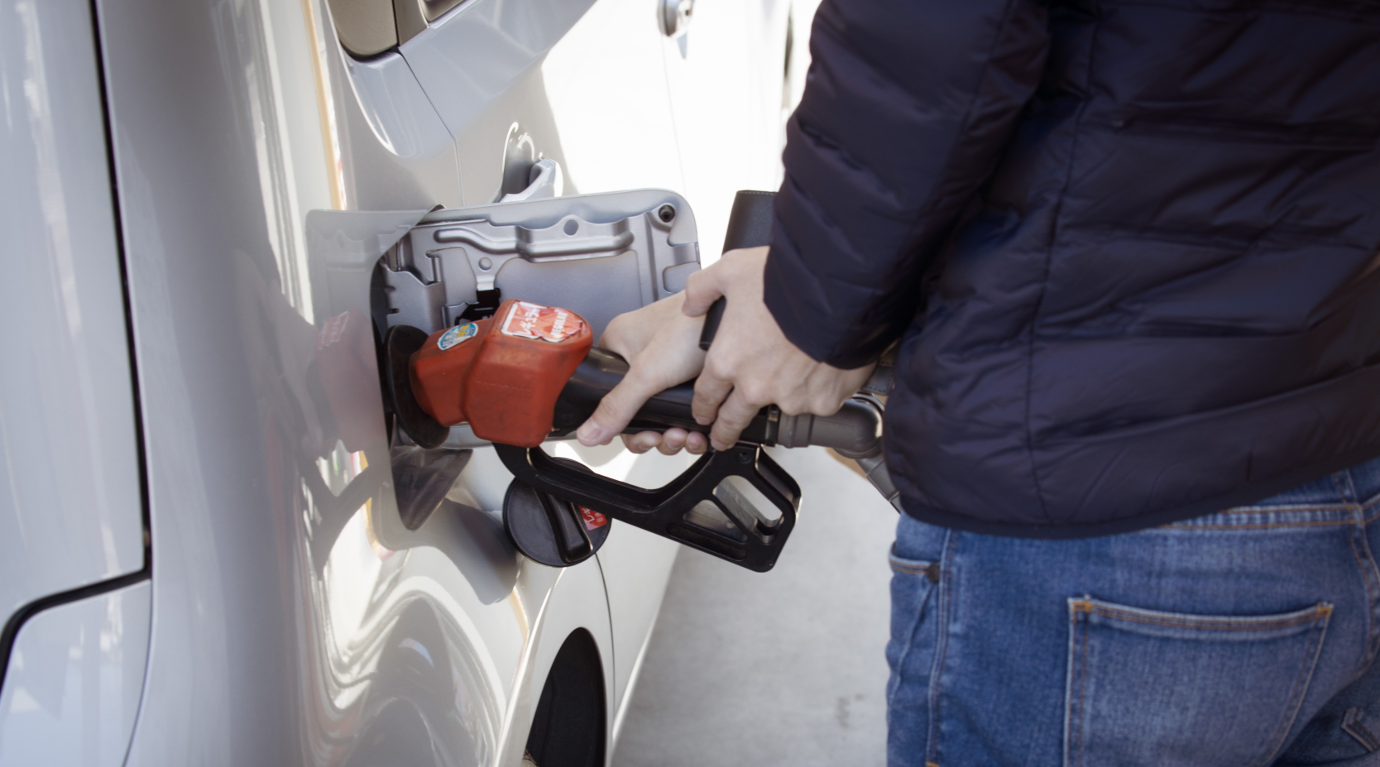
The enviroCar platform offers a broad range of data about traffic that can be used by different stakeholder groups. Fuel consumption is of special interest, e.g. when trying to understand the environmental impact of traffic or when trying to minimize fuel consumption by individual drivers. In enviroCar, there are currently two models to calculate fuel consumption: 1) using motor data from the on-board diagnostics (OBD) and 2) using GPS data from mobile phones running the enviroCar app.

